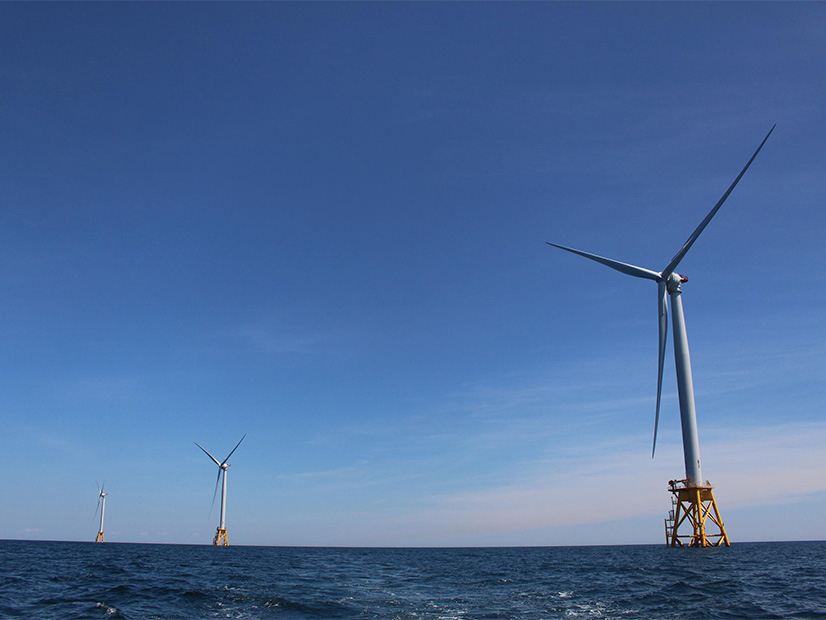
The Rhode Island Senate is scheduled to vote next week on a bill that would set the state’s Renewable Energy Standard (RES) to 100% by 2033.
Senate Commerce Committee members voted Tuesday to send an amended version of the proposed bill (S2274) to the floor, striking language that would allow regulators to delay interim compliance dates based on renewables’ availability.
The state updated its RES in 2016, extending a 16%-by-2019 standard to 38.5% by 2035. As amended, the bill would set annual increases in the amount of renewables state utilities must procure to reach 100% by 2033.
“The electric sector accounts for 25% of our emissions in Rhode Island, but it has an outsized importance because the key to decarbonizing our transportation and our buildings will lie in getting those sectors onto high-efficiency, renewable electric sources,” Kai Salem, policy coordinator for the Green Energy Consumers Alliance, said during a webinar co-hosted by the alliance Wednesday.
Rhode Island Gov. Dan McKee signed a climate law last year that requires the state to reduce greenhouse gas emissions economy-wide 45% below 1990 levels by 2030 and 80% by 2040, and reach net-zero emissions by 2050.
Passage of a 100% RES would raise the importance of procuring more offshore wind to fulfill the standard, Salem said.
Revolution Wind, a 400-MW OSW joint venture of Ørsted and Eversource Energy (NYSE:ES), is the largest renewable energy contract in the state right now, she said, adding that “one or two more big offshore wind projects could help Rhode Island get even closer to that goal.”
With the backing of McKee, Sen. Dawn Euer, chair of the Senate Environment and Agriculture Committee, introduced a bill (S2583) in March that would require Rhode Island Energy (NYSE:PPL) — formerly National Grid subsidiary Narragansett Electric — to issue a request for proposals for up to 600 MW of OSW by Aug. 15. (See related story, PPL Completes Acquisition of Narragansett.)
“The reason this legislation is so important is because … as offshore wind leasing has been developing in the northern Atlantic, Rhode Island has the opportunity to lead in this space by setting a really strong standard as it relates to our state’s procurement goals,” Euer said during the webinar.
The bill, she said, would ensure that OSW procurements are “done responsibly” by placing issues related to workforce, fisheries, environment, supply chains and marine wildlife protection into the solicitation process.
Requirements for bids, as outlined in the bill, include:
- an environmental and fisheries mitigation plan;
- a site layout plan;
- estimated economic benefits;
- a diversity, equity and inclusion plan;
- offshore wind supply chain opportunities associated with the project; and
- project labor agreement plans.
“The framework that we put together in this legislation … sets the stage for us to continue to have sustainably developed offshore wind in a way that I hope sets the tone for the region as the industry continues to grow,” she said.
Ørsted Deputy Head of Market Affairs Stacy Tingley said the developer supports the bill, but it would like to see a higher procurement amount for the state.
“With a larger procurement of 800 MW, to maybe 1,000 MW or more, you can really achieve economies of scale, and then it gives us some more flexibility to build out those benefits that come along with a larger procurement,” Tingley said during the webinar.
In March, the Environment and Agriculture Committee held a hearing on the bill and agreed to consider it further during the current session.
“I’m hoping to be able to post the bill soon for passage,” Euer said.
The legislature is scheduled to adjourn June 20.


